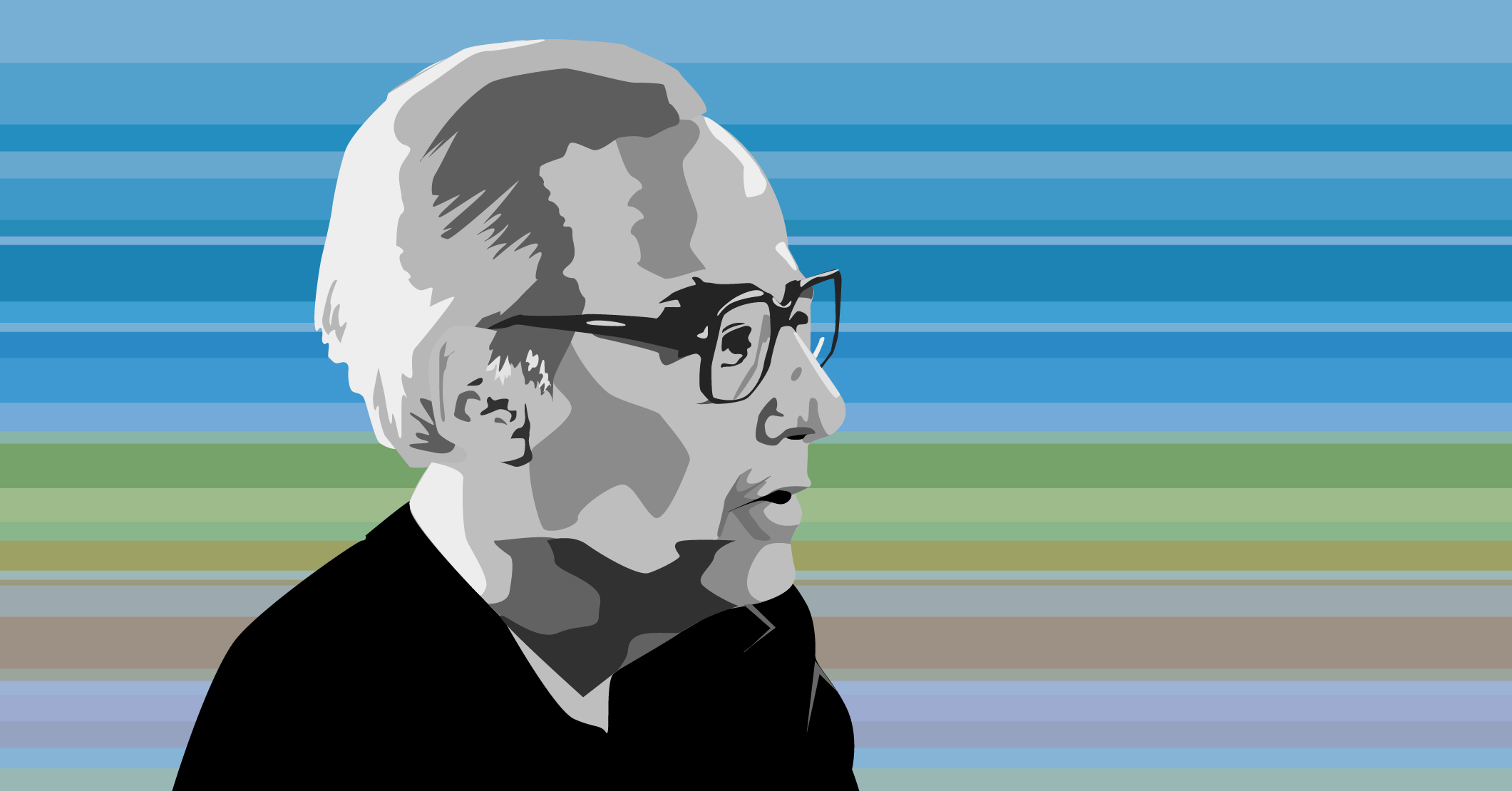The Life, Work and Legacy of Ernest A. Lynton (1926–1998)
DOI:
https://doi.org/10.18060/22842Keywords:
ernest a. lyntonAbstract
Learning about Ernest Lynton’s rich life has been interesting for me to uncover. Where many of us only know Ernest through his writings, I have come to learn the origins of the motivations for his work and commitments to advancing the public purpose of higher education and the scholarship of engagement.
The significance of the title of the first issue of Metropolitan Universities Journal in 1990, Identity and Culture, is not lost on me as I seek to understand more fully the life, lived experiences, and identity of Ernest A. Lynton that moved him to influence cultural shifts within higher education toward increased value and legitimatization of useful, publicly engaged work. As a researcher, I am driven to understand our individual and collective motivations for our community engagement scholarly work. What are our aspirations for this work and its broader impact in society? Why do what we do and how can what we do influence the greater public good. As a steward of change (Ward and Miller, 2106), I seek ways to use our individual and collective understandings to lift up and advance institutional commitments to civic and community engagement as we help our higher education institutions hold fast to and more fully realize their responsibilities to individuals and communities beyond our walls.
References
Boyer, Ernest L. (1990) Scholarship Reconsidered. Princeton: The Carnegie Foundation for the Advancement of Teaching.
Hirsch, Deborah (2000) Ernest Lynton Remembered. Journal of Higher Education Outreach and Engagement. Volume 6, Number 1: 57-59.
Hathaway, C.E., Mulhollan, P.E., and White, K.A., Metropolitan Universities: Models for the Twenty-First Century. Metropolitan Universities, Spring 1990)
Lynton, Ernest A. and Sandra E. Elman (1987) New Priorities for the University: Meeting Society's Needs for Applied Knowledge and Competent Individuals. San Francisco: Jossey-Bass. 216 pages
Lynton, 1996a, Ensuring the quality of outreach: The critical role of evaluating individual and collective initiatives and performance. Journal of Public Service and Outreach, 1(2), 16-22.)
Lynton, (1995a) Making the Case for Professional Service, Washington D.C. American Association for Higher Education (AAHE).)
Lynton, E, 1996b, Reversing the Telescope: Viewing Individual Activities within a Collective Context. Metropolitan Universities, Winter 1996.
Lynton, E.A., 1996c. From Berlin to Brookline. Unpublished.
Lynton, 1983, A Crisis of Purpose: Reexamining the Role of the University. Change. Vol. 15, No. 7 (Oct., 1983) pp. 18-23, 53. Taylor and Francis Ltd.
Lynton, E.A. (1984). The missing connection between business and the universities. American Council on Education/Macmillan Series on Higher Education. New York: Macmillan Publishing Co.
Lynton, E.A. (1989). Higher education and American competitiveness. Working paper series: The federal role in education. National Center on education and the economy. Rochester, NY
Lynton E.A., Elman, S. E. (1987). New priorities for the university. San Francisco, California: Jossey-Bass Inc.
Lynton, E. A. (1990a) From the Editor’s Desk, Metropolitan Universities, Summer, 1990.
Lynton, (1994a). Knowledge and Scholarship. Metropolitan Universities, Summer, 1994.
Lynton, (1994b). The Changing Nature of Universities. New England Journal of Public Policy. Vol. 10: Iss. 1, Article 21.
Saltmarsh, J., Ward, E., Clayton. P. (2011). Profiles of public engagement: Findings from the Ernest A. Lynton Award for the Scholarship of Engagement for Early Career Faculty. NERCHE Report. New England Resource Center for Higher Education, University of Massachusetts, Boston.
Ward, E. (2010). Women’s ways of engagement: An exploration of gender, the scholarship of engagement and institutional reward policy and practice. Doctoral Dissertation. University of Massachusetts, Boston.
Shiva, Vandana (2016), Bioporacy, the plunder of nature and knowledge,
Saltmarsh, J. (2016). Tyranny of Research. Journal of Higher Education Outreach and Engagement, Volume 20, Number 1, p. 45, (2016)



